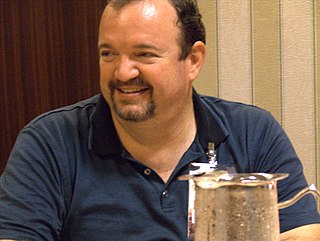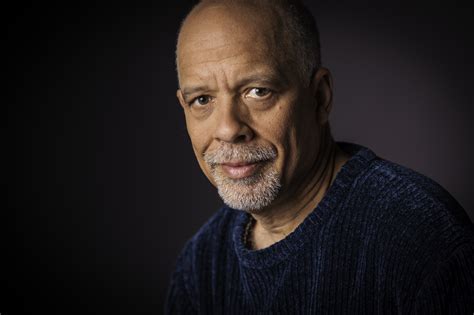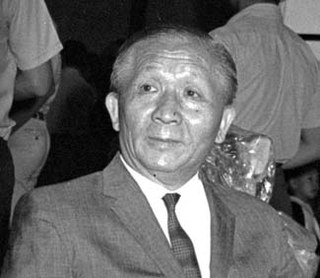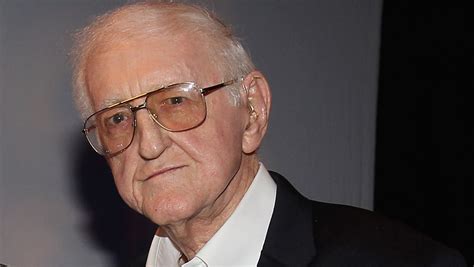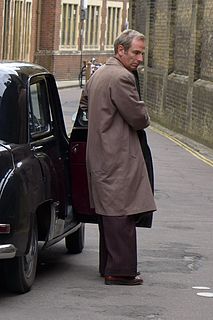A Quote by Blanche Wiesen Cook
Well, the reality of her father was that he was a very diseased alcoholic, who died at the age of 34. And one always has to pause to wonder how much you have to drink to die at 34. And he was a really tragic father. I mean, he was absolutely unreliable. He was absolutely involved with various people. He had outside families, outside children, outside wives. He made his wife's life miserable. And she [Eleanor Roosevelt]ignored all of his faults and retained this sense of him as the perfect father.
Quote Topics
Related Quotes
'Wayne of Gotham' is very much a father-and-son exploration. We've always seen Thomas Wayne through the years as this figure carved in marble; this perfect man. The only thing we really know about is that he died in that alley outside of a theater. But every son has to confront the reality of his father at some point in his life.
Her [Eleanor Roosevelt] father was the love of her life. Her father always made her feel wanted, made her feel loved, where her mother made her feel, you know, unloved, judged harshly, never up to par. And she was her father's favorite, and her mother's unfavorite. So her father was the man that she went to for comfort in her imaginings.
I mean, her father was an alcoholic, and her mother was the suffering wife of a man who she could never predict what he would do, where he would be, who he would be. And it's sort of interesting because Eleanor Roosevelt never writes about her mother's agony. She only writes about her father's agony. But her whole life is dedicated to making it better for people in the kind of need and pain and anguish that her mother was in.
It's interesting to me that really one of the first things she [Eleanor Roosevelt]did as First Lady was to collect her father's letters and publish a book called The Letters of My Father, essentially, hunting big game, The Letters of Elliott Roosevelt. And it really was an act of redemption, really one of her first acts of redemption as she entered the White House. She was going to redeem her father's honor. And publishing his letters, reconnecting with her childhood really fortified her to go on into the difficult White House years.
I had the experience of having my grandmother in a nursing home at the end of her life, and had dementia set in with my father. He was in a nursing home with dementia at the end of his life, but it happened for me personally 10 years ago. My father was much older than my mother, so I experienced it as a pretty young person. People's parents die at various ages, but my father died of mortality. He died of being an old person. Illness and stuff happened, but essentially, he was old and he was going to die.
I think FDR was very dashing and charming and debonair, and probably reminded her of her father. A great bon-vivant. He loved to party. He loved to sing. He loved to have fun. And he wrote beautiful letters, just as her father did, which - alas and alack - Eleanor Roosevelt destroyed. But she refers to his beautiful letters. And she was charmed by him.
Her mother died at the age of 29, essentially turning her face to the wall and deciding to die. And so we can only imagine the agony she felt. And Eleanor Roosevelt really wanted to make her mother happier, and - and to make her live, you know, make her want to live. And there's something about, you know, when your mother dies, this sense of abandonment. I think Eleanor Roosevelt had a lifelong fear of abandonment and sense of abandonment after her parents' death.
I think Eleanor Roosevelt always had a most incredible comfort writing letters. I mean, she was in the habit of writing letters. And that's where she allowed her fantasies to flourish. That's where she allowed her emotions to really evolve. And that's where she allowed herself to express herself really fully, and sometimes whimsically, very often romantically. And it really starts with her letters to her father, who is lifelong her primary love.
The Son is called the Father; so the Son must be the Father. We must realize this fact. There are some who say that He is called the Father, but He is not really the Father. But how could He be called the Father and yet not be the Father?... In the place where no man can approach Him (I Tim. 6:16), God is the Father. When He comes forth to manifest Himself, He is the Son. So, a Son is given, yet His name is called 'The everlasting Father.' This very Son who has been given to us is the very Father.
Jesus is the prime exemplar of life in God's presence. He lived out of an awareness of the identity God had given him, not the identity the world wanted to give him; he led an active, ongoing prayer life; he took time apart from the world to be with his Father; he made his Father's agenda his agenda; he made his Father's love for people evident in tangible ways; and so on. These are all characteristics that we should emulate in our lives.
Eleanor Roosevelt's very helpful to a lot of children who cannot speak French, who do not write well. And Marie Souvestre is fierce. She tears up students' papers that are not, you know, perfect. And Eleanor Roosevelt goes around, again, being incredibly helpful to children in need, children in trouble. And her best friends are the naughtiest girls who are in trouble. And she is a leader. And she is encouraged to be a leader. And everybody falls in love with her. She's a star.

